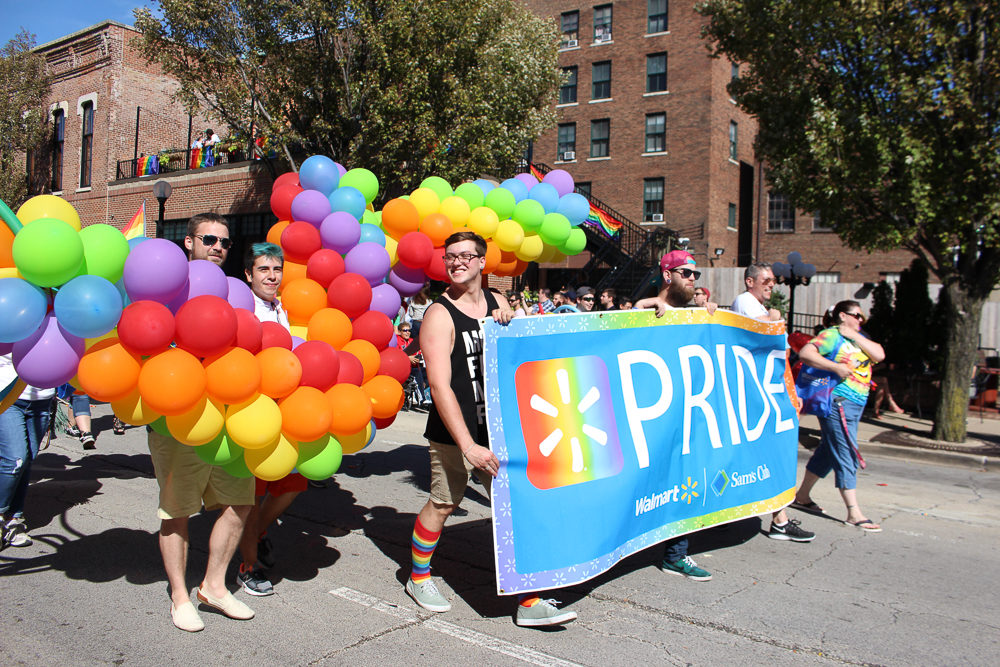Make inclusivity on campus a reality
The CU Pride festival will take place this weekend to celebrate the LGBT community.
Sep 14, 2017
Inclusive Illinois – it’s a tagline the University loves touting to prospective students, returning alumni and dissuaded undergrads.
It’s certainly something to be proud of. However, in the midst of all of this “inclusivity” remains a very warped mindset among the community.
Cultural houses like the American Cultural Center, Asian American Cultural Center, La Casa Cultural Latina and the Native American House provide homes for many oppressed groups on campus. The Women’s Resources Center focuses on gender, empowering and building alliances with women, men and other genders. These are fantastic resources and places of refuge and resources for these groups. However, among the community as a whole at this University, it seems as though the mindset is to keep these groups “separate” from the rest of campus.
Don’t get us wrong, these spaces for oppressed students and minorities are nothing but positive. We just wish that campus was as inclusive as it claims to be — without forgetting LGBTQ students.
Illinois has historically led the way for accessibility among students with disabilities. However, our marker of inclusivity has lost its diversity. Just last week, a professor left the University after refusing to accommodate a student with disabilities.
Get The Daily Illini in your inbox!
Over the summer, gay haven Chester Street Bar was sold. It’s currently closed for renovations, and it remains unclear if new owner Scott Cochrane will retain the bar’s rich history.
These recent setbacks are unfortunately tainting our view of the upcoming CU Pride Festival this weekend. And that’s unfair to the fest. It provides tangible and visible representation of a much-loved community. We’ve covered it for years, and you can bet we’ll be there this weekend, too.
But this is no longer enough. A weekend of celebration and positivity can’t make up for the lack of resources for LGBTQ individuals. And this doesn’t consider the experiences of LGBTQ people of color, disability or different socioeconomic backgrounds. Their intersectional experiences remain ignored, forgotten and invisible.
Now, we understand we’ve played a role in this too. Too often we end up sourcing the loudest and most vocal community members and local activists. All too often, this remains a homogeneous voice and perspective. Believe us when we say it’s something we’re working on.
But it’s also something you can work on too. Have you ever heard of CUTES? It’s an affiliated student organization providing a voice for transgender community members to advocate for equality, discuss issues and belong in a safe space. Consider attending a meeting. They’re open to anyone supporting transgender equality and activism.
You don’t have to identify to be an ally. Let’s all try to make “Inclusive Illinois” a reality instead of just a tagline the University boasts to prospective students.






